
Overview
The Evergreen Valley College Philosophy Department invites you to embark on a journey through one of humanity’s oldest and most transformative disciplines. Philosophy challenges us to confront life’s biggest questions—about the nature of reality, the meaning of justice, and the foundations of knowledge and ethics—while developing essential skills that empower individuals to drive social justice and civic engagement.
Through our courses, you’ll cultivate critical thinking, ethical reasoning, and effective communication, preparing you to tackle complex societal challenges and make meaningful contributions to your community. Philosophy sharpens your ability to analyze diverse perspectives, construct logical arguments, and approach problems creatively and collaboratively. These are skills that are not only invaluable in fields like law, public policy, and education but also in living a reflective and purpose-driven life.
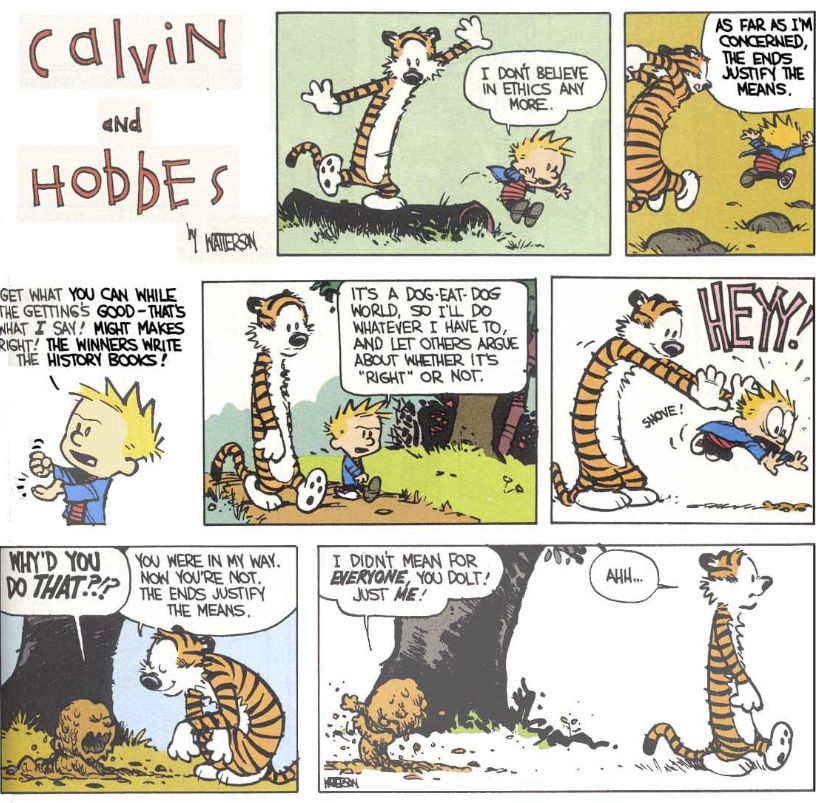
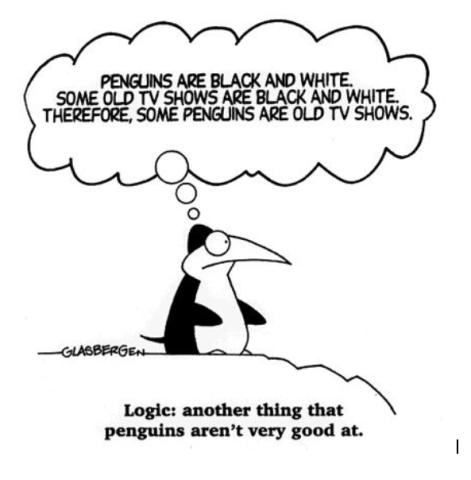
Five Core Skills Developed Through Philosophy
Critical and Logical Thinking: Analyze arguments, identify fallacies, and apply reasoning techniques to solve complex problems and make sound decisions.
Ethical and Moral Reasoning: Navigate moral dilemmas, develop principled decision-making frameworks, and evaluate ethical implications in various contexts.
Effective Communication: Articulate complex ideas with clarity and precision, both in writing and speech, while adapting to diverse audiences.
Interdisciplinary and Integrative Thinking: Draw connections across fields, integrating knowledge and insights into innovative, coherent perspectives.
Empathy and Civic Engagement: Understand and engage with diverse worldviews, fostering ethical awareness and active participation in societal and global issues.
They Studied Philosophy?
Studying philosophy leads to lot of different careers, did you know these people were philosophy majors?
- Bruce Lee, martial artist
- Phil Jackson, NBA coach
- Alex Trebek, host of Jeopardy!
- Stephen Colbert, comedian and TV host
- Riz Ahmed, actor and rapper
- S. Eliot, Nobel Prize-winning essayist, publisher, playwright, and poet
- Cornel West, philosopher, activist, and public intellectual
- Noam Chomsky, professor, activist, author, and public intellectual
- Malala Yousafzai, education activist
- Angela Davis, social activist and philosopher
- Stokely Carmichael, Kwame Ture, Martin Luther King, Jr., civil rights leaders
- John Lewis, U.S. House of Representatives, Civil Rights icon
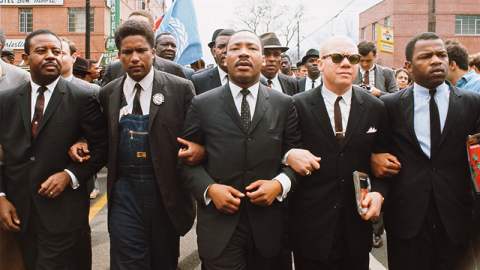

Transfer to a CSU / UC
Students looking to transfer to a UC and continue with a degree in philosophy can do so at places like UC Davis, Cal, UC Santa Cruz, UC Davis, UC Irvine or UCLA.
If you enroll in an Associate Degree for Transfer (ADT) program at EVC, you can transfer to a CSU and graduate with only 120 units.
For major requirements to transfer to a CSU or UC, please check the resources below or talk to EVC Counseling.

Careers in Philosophy
Law and Policy
- Lawyers and Legal Scholars: Philosophy students excel in law school due to their training in logical analysis, argumentation, and ethical reasoning. For example, a lawyer addressing cases involving human rights might use moral philosophy to argue for justice and equality.
- Policy Analysts: Philosophical skills help policymakers analyze complex social issues. For instance, principles from political philosophy can inform equitable healthcare policies or strategies to combat economic inequality.

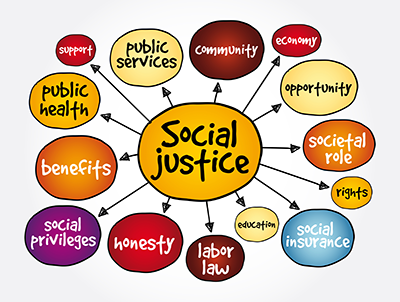
Nonprofit and Social Justice
- Advocates and Community Organizers: A background in philosophy helps articulate compelling arguments for social change. For example, a community organizer might draw on ethical reasoning to campaign for reforms in the criminal justice system.
- Social Justice Leaders: Philosophers contribute to addressing systemic inequality by evaluating and proposing ethical strategies for advancing rights and opportunities.
Business and Management
- Ethical Leadership: Business leaders use philosophical skills to address ethical dilemmas. For example, a CEO might apply ethical theories like utilitarianism to develop sustainable corporate policies that balance profitability with social responsibility.
- Strategic Decision-Making: Leaders trained in philosophy can analyze complex business scenarios and consider long-term impacts on stakeholders.

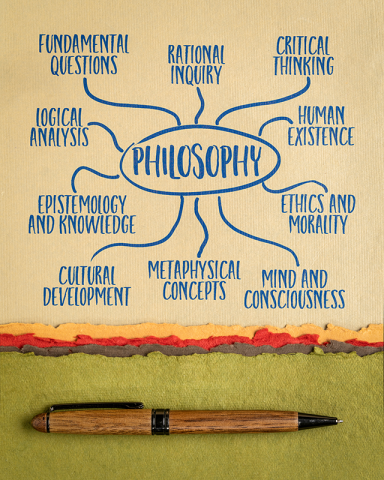
Technology, AI, and Science
- AI Ethics Specialists: Philosophers contribute to discussions on algorithmic fairness, transparency, and privacy. For instance, they guide tech companies in designing AI systems that uphold ethical standards and prevent harm, such as ensuring facial recognition systems do not perpetuate racial or gender bias.
- Policy Advisors in Technology: Philosophers help shape technology policies that align with ethical principles. For example, they may advise governments on the regulation of autonomous vehicles, balancing innovation with public safety.
- Philosophers of Science: These professionals analyze the foundations, methods, and implications of scientific inquiry. For instance, they explore the ethical ramifications of scientific discoveries, such as the moral questions surrounding human cloning or synthetic biology.
- Sustainability and Environmental Ethics: Philosophers collaborate with scientists and technologists to address climate change. For example, they assess the ethical dimensions of geoengineering projects and the equitable distribution of their potential risks and benefits.
- Human-Technology Interaction Specialists: Philosophers examine how technology influences human behavior and society, such as the impact of social media on mental health or the ethical concerns surrounding wearable devices that track personal data.
Healthcare and Bioethics
- Bioethicists: Philosophers tackle medical dilemmas by applying ethical frameworks. For example, they help hospitals make decisions about end-of-life care, organ transplantation, or equitable vaccine distribution.
- Public Health Ethics Advisors: They guide policies balancing individual freedoms with community health, particularly during public health emergencies.


Writing and Communication
- Journalists and Authors: Philosophers bring clarity to complex ideas, making them excellent writers and communicators. For example, a journalist with a philosophy background might write in-depth analyses of political or cultural issues.
- Content Strategists: Philosophy-trained professionals excel in explaining abstract or controversial topics in accessible ways, whether for public awareness campaigns or corporate messaging.
Education
- Professors and Teachers: Philosophy fosters critical thinking and communication skills, essential for teaching. Professors teach students how to evaluate arguments rigorously and navigate ethical challenges.
Academic Advisors: Philosophers support students in making well-reasoned decisions about their academic and personal paths, often drawing on their ethical expertise.


Degrees & Certificates
See the complete catalog for Philosophy Courses and Degrees.
- Associate in Arts for Transfer (AA-T)
- Philosophy (PDF)


Sample Degree Map
Please click the links below on an example of how you can complete your degree at Evergreen Valley College. We highly suggest you make an appointment with a counselor to discuss your education goals.
Degree

A program map is a suggested semester-by-semester plan to help you complete the courses required for a particular degree or certificate. It is based on the major sheet for the particular degree or certificate you are interested in. It includes courses required for the major, general education and any necessary electives.
A program map is a representation of the major sheet. It includes the specific specialty courses in a major, general education courses and any necessary electives.
A major sheet includes a description of the program you are interested in, what you can expect to learn once you have completed the program (Program Learning Outcomes) and the specific specialty courses you will need to complete within a major.